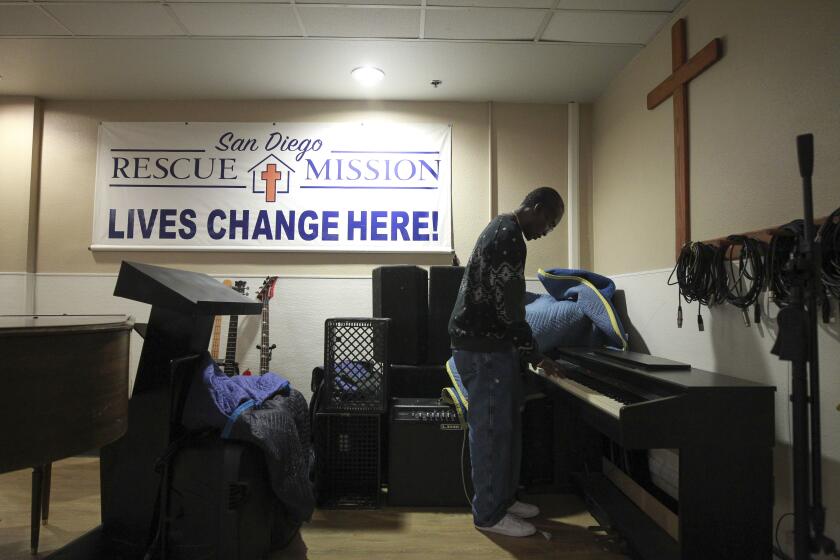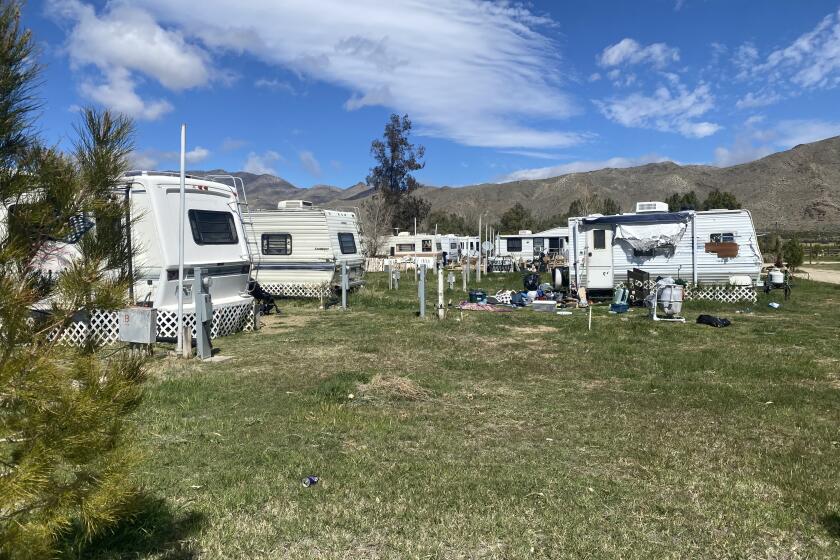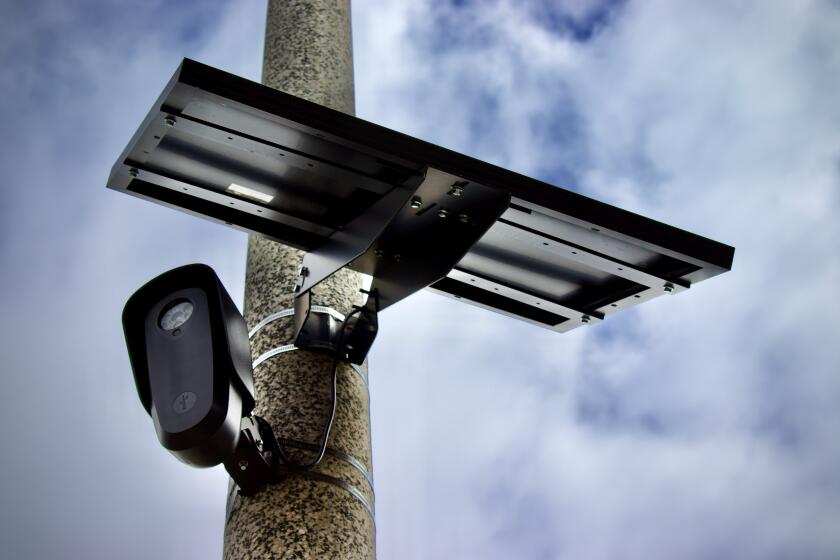Commentary: How long will Mexico play ball with Trump?
Since the inauguration of President Andres Manuel Lopez Obrador (known as AMLO), the issue of the migrant caravan from Central America has largely disappeared from the media headlines in both countries.
A lack of public statements or tweets from the White House has helped a great deal; and the new secretary of the interior in Mexico, Olga Sanchez Cordero, has claimed that “we have solved the problem.”
Related: The real immigration crisis is being ignored
But the drama and melodrama of the caravan has left several lessons in its wake, lessons that tell us much about the nature of the bilateral relationship and the politics of both countries.
First, it is abundantly clear that the politics of migration in the United States have been and will likely continue to be weaponized. President Donald Trump’s exaggeration of the threat of a “migrant invasion” was undertaken to both apply pressure to Mexico, but more importantly to push Congress to fund his pet project, the border wall, which has now led to the partial shutdown of the federal government.
Second, the saga of the caravan produced widely diverging reactions within Mexico itself. Although the migrants received a warm welcome from Mexican society as they passed through most of the country, once they reached Tijuana, an ugly outpouring of anti-migrant sentiment appeared in the form of protests and social media campaigns.
While it is true that the migrants continued to receive support from the broader community, there was a growing feeling that these migrants were somehow different to earlier groups, that there were darker interests behind them, what locals called a “mano negro” or dark hand.
The third takeaway concerns that final point. While we are not certain who was supporting the caravan, it is clear that it was very well-organized and rather well-funded by the time it reached the Tijuana-San Diego border. Reports of migrants arriving in SUVs and staying in Airbnb accommodation circulated widely, further exacerbating the rumors concerning the true interests behind the phenomenon.
Lastly, out of the political crisis surrounding the caravan has emerged an opportunity. An intense and productive dialogue between the U.S. and Mexican administrations has brought about a consensus on the need to address the causes of migration from Central America.
This has been a central feature of AMLO’s public statements on migration, and he has called for a “Marshall Plan” for the region that would inject tens of billions of dollars into infrastructure and economic growth.
Though these funds are unlikely to come from the U.S. any time soon, there has been a reaffirmation from the Trump administration of the importance of the issue and the critical nature of U.S.-Mexico cooperation on the issue.
The recent announcement of $5.8 billion in funding for Central America refers, in fact, to congressional funding that was approved during the Obama administration.
However, the involvement of the Overseas Private Investment Corporation, the U.S. government’s development finance institution, suggests that the U.S. is willing to support and encourage private sector investment in the region.
Despite the lack of a substantial new commitment, this has been hailed as a major diplomatic coup by AMLO and his government.
Furthermore, Mexico has promised to issue a large number of new work visas for Central Americans so that they can contribute to the Mexican economy and has also committed to major investments in the southern portion of Mexico to alleviate the need to migrate.
President Trump’s latest move of forcing asylum seekers to stay in Mexico until their applications have been processed puts the pressure firmly on AMLO. While it seems that the new Mexican administration is going along with the decision for now, pressure will mount on the Mexican president for his apparent acquiescence to Trump’s anti-immigrant tactics.
The opposition and a number of actors within his own Morena party will call on AMLO to resist Trump and to show solidarity with Central America and its citizens by adopting a less collaborative approach with the U.S.
When the next caravan emerges, as it surely will, AMLO will find himself caught between a rock and hard place. Acquiesce to U.S. demands and risk the wrath of the Mexican electorate and his own party or adopt a more forceful attitude and risk a major dispute with Trump.
One fears that the next crisis will not be resolved as quickly, and that accusations from the White House that Mexico is not doing enough will draw a more visceral reaction from Mexico’s Palacio Nacional. As ever in the bilateral relationship, human migration remains an irritant that will not easily be assuaged.
Wood is the director of the Mexico Institute at the Washington, D.C.-based Woodrow Wilson International Center for Scholars.
Get Weekend Opinion on Sundays and Reader Opinion on Mondays
Editorials, commentary and more delivered Sunday morning, and Reader Reaction on Mondays.
You may occasionally receive promotional content from the San Diego Union-Tribune.





